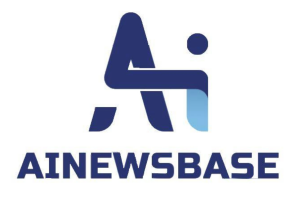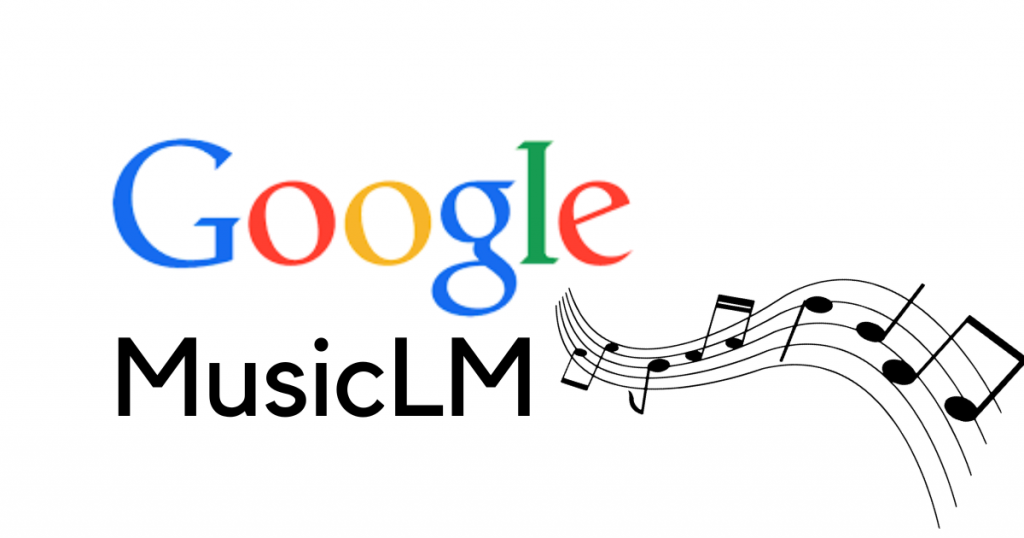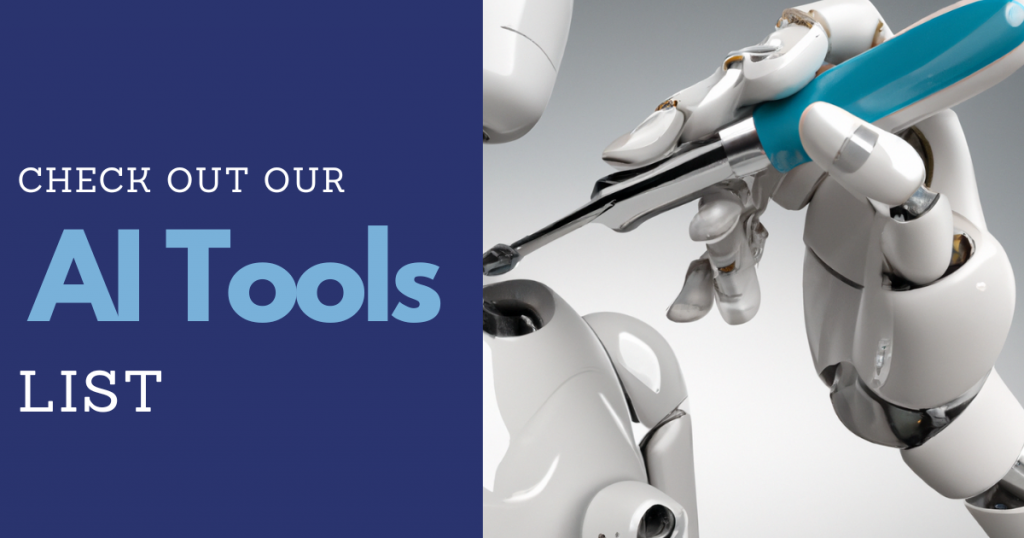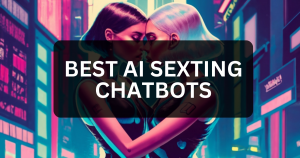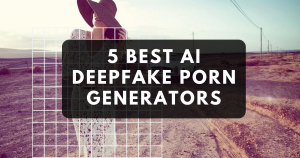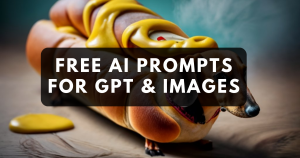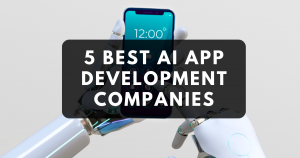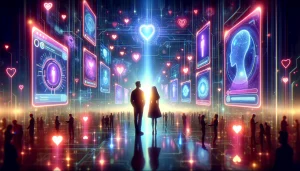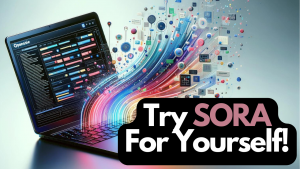Google have trained an Artificial Intelligence model on 280,000 hours of music to be able to generate impressive songs based upon text prompts.
According to the MusicLM github,
“Our experiments show that MusicLM outperforms previous systems both in audio quality and adherence to the text description. Moreover, we demonstrate that MusicLM can be conditioned on both text and a melody in that it can transform whistled and hummed melodies according to the style described in a text caption.”
Some examples include:
- “Meditative song, calming and soothing, with flutes and guitars. The music is slow, with a focus on creating a sense of peace and tranquility.”
- Industrial techno sounds, repetitive, hypnotic rhythms. Strings playing a repetitive melody creates an eerie, unsettling atmosphere. The music is hypnotic and trance-like, and it is easy to get lost in the rhythm. The strings high-pitched notes pierce through the darkness, adding a layer of tension and suspense.
- A fusion of reggaeton and electronic dance music, with a spacey, otherworldly sound. Induces the experience of being lost in space, and the music would be designed to evoke a sense of wonder and awe, while being danceable.
Listen to all of the examples they’ve created here.
Why aren't Google Releasing MusicLM
The main reason Google are hesitant and have no immediate plans to release MusicLM for public use is copyright issues.
In an internal experiement, they discovered that around 1% of the music generated was a direct replica of a piece of music is was trained on.
“We acknowledge the risk of potential misappropriation of creative content associated to the use case,” the co-authors of the paper wrote. “We strongly emphasize the need for more future work in tackling these risks associated to music generation.”
The 1% is enough for them to be hesitant. But even if the music never replicated the music it was trained on, the issues around copyright are still only just being considered.
Music, or any content for that matter that any AI model is trained on generally took countless hours to create. And now an AI comes along, uses someone else’s work to produce content of it’s own, is that really fair? It’s a fascinating new dilemma these researchers are going to have to deal with.
